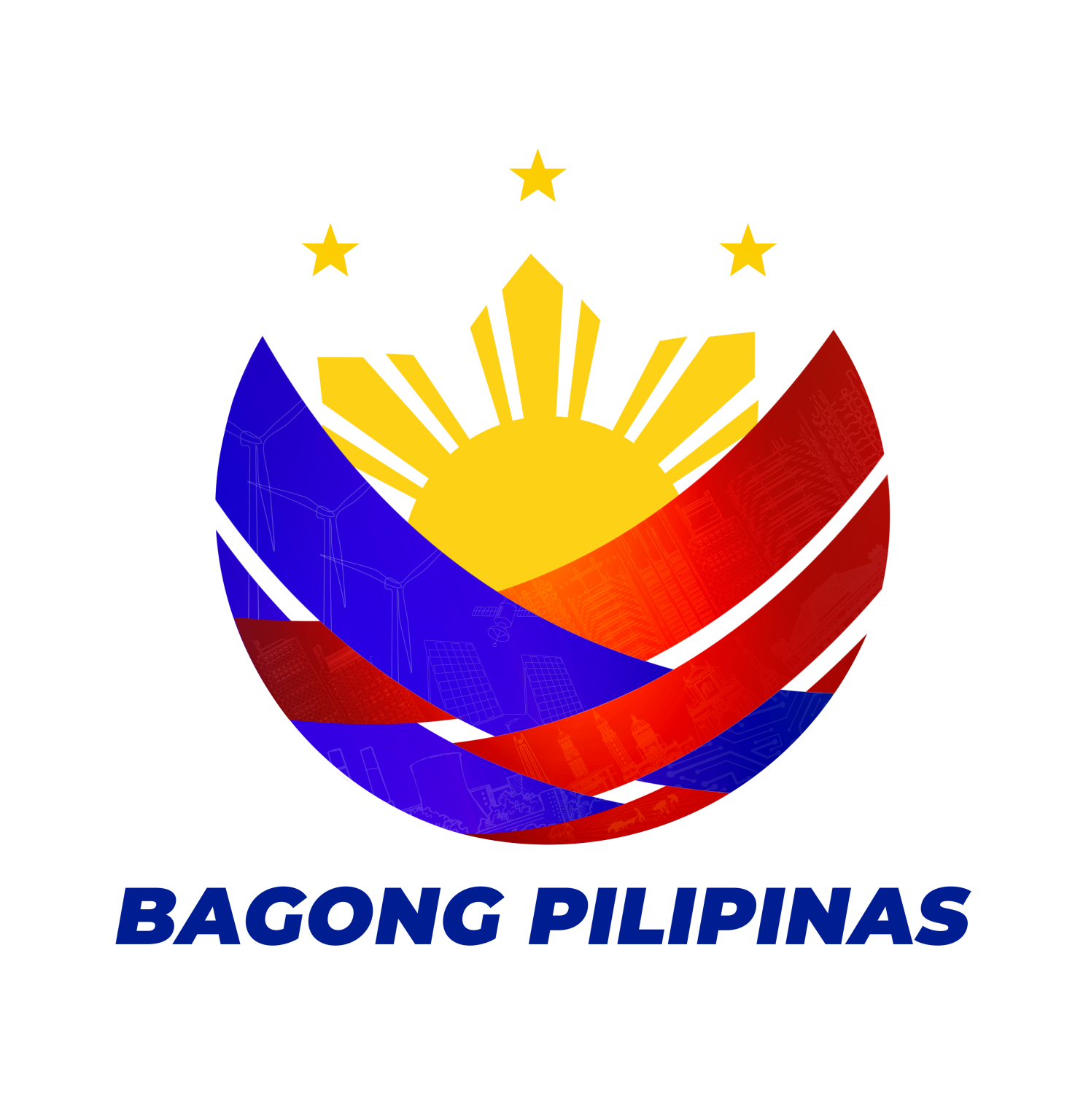ZAMBOANGA CITY – The Social Marketing Unit (SMU) of the Field Office 9 emerged victorious during the Malasakit Video Fest organized by DSWD Central Office winning the ‘Malasakit Storymaker of the Year’ award.
The SMU also received a technical award for Best Production and Technical Quality while its video entries were also conferred with special citations including the Best KALAHI Video, Best Disaster Response Video, Best Adoption Video, and Best CRCF Video. The virtual awarding was held during the National Management Development Conference last week.
The ‘Project UNMASK: Sixty Second Stories of Change’ is an original video concept by the Regional Information Officer, Ivan Eric C. Salvador which featured the following stories:
U-LIRAT
A story of a rehabilitated elderly client who is a COVID-19 survivor and once diagnosed with a mental illness. Through the constant interventions of the center, he was able to make himself useful and be one of the most active elders in the facility who contributed not only through socializing among his peers but also in maintaining a comfortable haven in their golden years.
N-IŃA
An inspiring story of a couple who found a new gem from adopting a baby girl in RSCC. After being married for 13 years and having found out how difficult and risky for the mother to bear a child, they warmly welcomed the idea of adoption. Their sweet 3-year old lives in a humble home where good parenting, values, and faith resonate. The presence of their child made them realize and decide to adopt for another baby to provide her child a sister to depend on in life when they grow old.
M-ANGHAHABI
A story of a Sama Bajau weaver who once spent their lives (family) on the streets for a living. Through the efforts of organizing these women weavers, they were able to continue their colorful art of weaving “Banig” through the Social Technology’s financial assistance under the Comprehensive Program for Sama Bajaus. Today, their livelihood has supported their families and their products are the top favorites among local and foreign tourists in the city.
A-LON
A story of a fisherman whose family was directly affected by a storm surge in a small coastal community. The houses on stilts were damaged (partially/totally) after strong winds battered their humble abode. The family benefitted from the DSWD’s provision of family food packs during the relief operations.
S-ILUNGAN
A success story of the 1st KALAHI-CIDDS sub-project in Zamboanga City that was funded under the KKB (Kapangyarihan at Kaunlaran sa Barangay) modality. The women and children center is the result of community empowerment and Bayanihan of the local community whose dream was to have a structure that will cater to gender-based violence and child abuse cases. The community envisions this to be a center handling women and children’s affairs in general.
K-USINA
A success story of a former deportee who was hired by the DSWD as a cook of the Processing Center for Displaced Persons. His story and experiences mirror the thousands of deportees he serves through the department‘s provision of hot meals during arrival and during their temporary stay in the center. His commitment is a testament to his return service to his fellow kababayan who were deported from Malaysia due to lost, expired, and non-possession of travel documents such as a passport.
DSWD IX Regional Director, Atty. Sittie Raifah M. Pamaloy-Hassan expressed her appreciation to SMU for producing stories of hope through 60-seconder films. She said, “This is another milestone for us in the Field Office. We commend and congratulate the SMU for coming up with ‘Project UNMASK’ which unfolds the stories of hope and inspiration among the featured clients and beneficiaries.”
“The awards will even inspire us more to give hope to the hopeless, and I wish that more and more stories of change will be told,” she added.
The Malasakit Video Fest aimed to promote the stories and testimonies of the clients and beneficiaries of DSWD, especially during this pandemic, as the department gears towards the performance of its steering functions with the devolution of some of its social welfare services.
A total of 82 video entries were submitted by participating Field Offices. The Field Offices were encouraged to submit a one-minute video for six programs or services where five of those should be in a local dialect and one in Filipino.
The entries were judged as a whole based on Creativity and Originality, Value of Information, Production and Technical Quality, Entertainment Value/Engagement, and People’s Choice. ###








You must be logged in to post a comment.